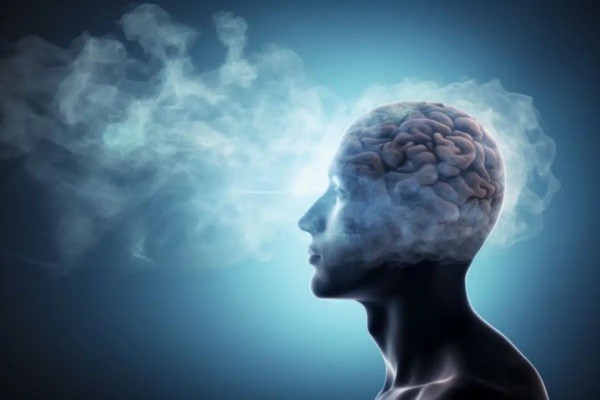Brain Stimulation May Combat Nicotine Cravings.
Researchers found that theta-burst transcranial magnetic stimulation (TBS) – strong, rapidly fluctuating magnetic field pulses that can affect brain activity – can lead to improved self-control, reduced cravings and as a result, less smoking. People with nicotine dependence tend to have significant structural and functional differences in the brain, compared to healthy non-smokers. Smoking cigarettes has been shown to be associated with less grey matter, which means they have less neurons and other cells in the brain.
Research suggests these differences may affect inhibitory control (IC), which is our control over automatic urges and response to stimuli – what enables humans to stop an impulsive reaction to something.
“Having difficulties with IC may make it harder to avoid smoking when the urge arises, in response to all the cues and contexts in the environment that trigger the behavior to light a cigarette,” said lead author Brett Froeliger, PhD, professor of Psychiatry.
The study involved 37 participants, mostly in their late 40’s, and examined the effects of both cTBS and iTBS to the right inferior frontal gyrus, a brain region heavily involved with IC. Researchers found that cTBS improved IC, whereas both cTBS and iTBS reduced cravings and, subsequently, smoking.
“Identifying treatments that improve IC may help reduce smoking and can potentially help with preventing relapse following when a person attempts to quit smoking,” Froeliger said.
“Treatments that improve IC may also help disrupt the cycle of drug use among individuals with other substance use disorders; however, further research is needed to examine the clinical value of TBS for treating substance use disorders.”




Related Posts